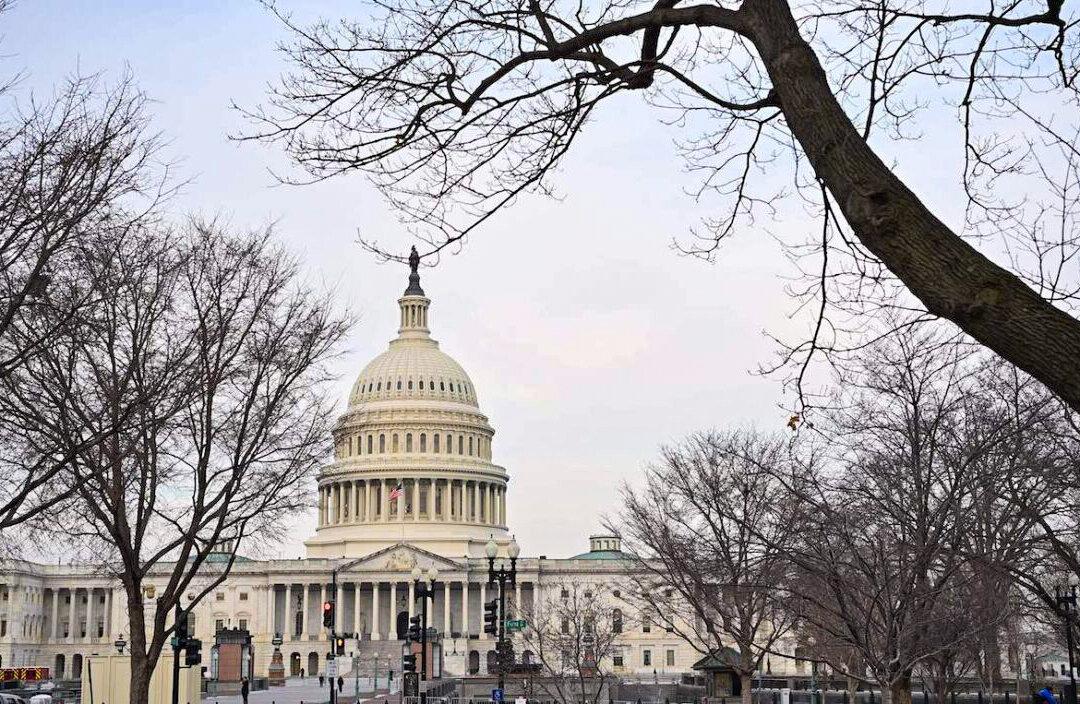The House of Representatives on June 24 voted to pass a controversial Senate-passed gun omnibus package, sending the package to President Joe Biden’s desk, where it is likely to win his approval.
The 234-193 vote was mostly along party lines, save for a handful of Republicans breaking with the rest of their party.





